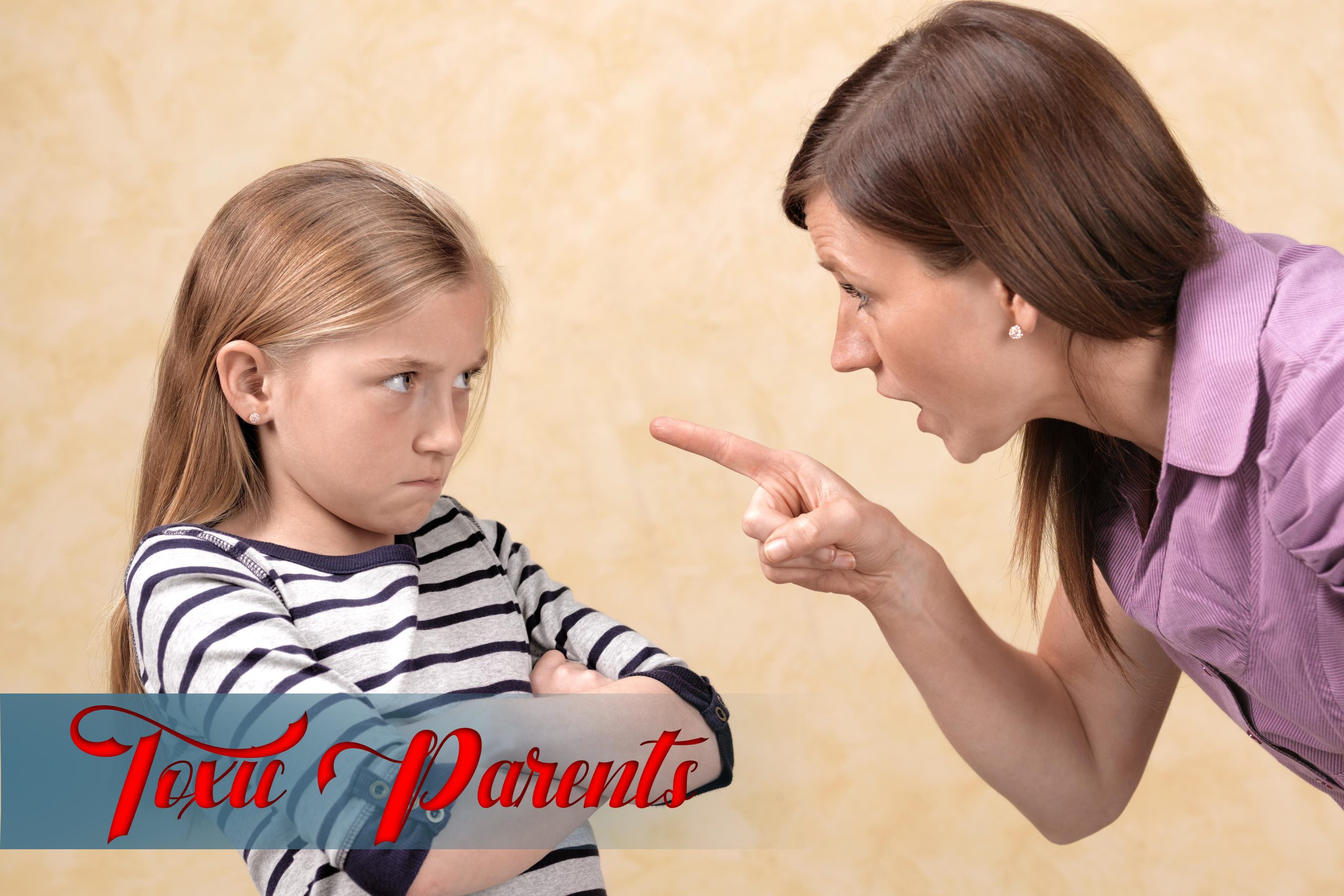Parents play a very important role in the upbringing of children. They have a major role and responsibility in educating their children about moral values, health care, the importance of studying, etc. Sometimes parents may have to act strictly and be harsh with their kids. But this standard bar depends on and differs from child psychology.
Sometimes parents expect too much from children and even abuse them verbally and emotionally if their expectations are not met. As per the US Department of Health and Human Services, painful words from parents leave children with psychological and emotional damage and, to a certain extent, memories that haunt them throughout their lives. The way parents behave with their children lays important foundations for a child’s personality and confidence.
In this blog, we will dig deep into eight toxic things that can affect a child’s holistic development.
- Negative attitude about a child’s appearance
Parents most of the time point out physical attributes of the child, such as telling them that they are ugly, too fat, too small, or too thin. This creates an increased level of insecurity and concern about their bodies, and they start feeling inferior about themselves. This can lead to many psychological problems for their children. Instead, parents should teach their children that whatever God has given them are best and that they should like themselves in whichever way they are.
- Scolding childish behaviour
Parents scold their kids often by telling them not to behave weirdly, walk properly, chew food, or talk. Parents have to understand that children have a natural tendency to believe everything they are told. Funny comments and negative feedback on their behaviour every time give them the impression that there is something wrong with them. This creates a negative psychological image in their brain, and even in adulthood, they keep thinking that they will be judged if they behave in a certain way. This resists their flourishing and their showcasing their talent.
- Using abusive language
Parents, usually in a state of anger, often tell kids statements like, I wish you were never born; I wish I had an abortion; I am sorry to have you; I wish you were different, etc. This all affects children negatively, and they feel they don’t deserve such a nice family, or sometimes they are unfit for the perfect family. Children may often encounter fear of meeting others, lack self-confidence, develop premature depression, and harm themselves. Parents should change this habit and make their children feel loved and valuable.
- Complaining in front of a child
People usually face problems in life that may be financial, health-related, or mental. Parents should not complain in front of children about how much hardship they are going through in raising their children. Parents often comment that you cost me a lot of money, it’s hard to take care of you, or it’s very exhausting, and you are a burden on the earth. Children then hide their needs, feelings, and problems to avoid any situation where they have to listen to complaining statements. This type of behaviour from parents often leads children to become criminals or provokes them to engage in anti-social activities.
- Unhealthy comparisons
Parents, when they are tired, compare their children with others and comment, why aren’t you like your sibling, cousin, or other children? These types of comparative comments erode self-confidence and make children think that they will never be good enough. Children often think that no matter how hard they try, they will never be able to satisfy their parents like him or her. This somewhere generates envy and resentment and cultivates unhealthy behaviour among them.
- Usage of offensive language
Parents should know that when a child is in the developing stage, it grasps the surroundings immediately. Parents often use language like you are stupid, useless, zero, or you’ll never be able to do it. This toxic behaviour is reflected in children, and they too start using foul language and are somehow represented in a negative image.
- Unrealistic Threats
Some parents angrily tell children that if they don’t study, they will set them aside from the home. These sentences will cause the children to have abandonment issues and insecure feelings that people who love them will leave them because of the way they are. This mentality grows with time, and in adulthood, they cannot trust anyone and fear being abandoned.
- Empty promises
When parents make empty promises, it breaks a child’s trust, and they feel cheated. The comments are like, If you do this, I’ll buy you this or I’ll take you there next time. This type of behaviour from parents encourages children not to trust others, even when they should.
As a takeaway from the blog, we all must have gone through one or another type of toxic statement or behaviour from our parents when we were kids. It’s really important to understand the child’s psychology because some may have a positive effect and some may have a negative effect. There is no rule book for parenting, but doing what is best for the children and making their future bright should be the goal of parents. Last piece of advice: with scolding, children should be loved and cared for enough, and it’s important to make them understand the reason behind their scolding. Usually, children are very smart, and they quickly adapt to reasoning and logic.








0 Comments